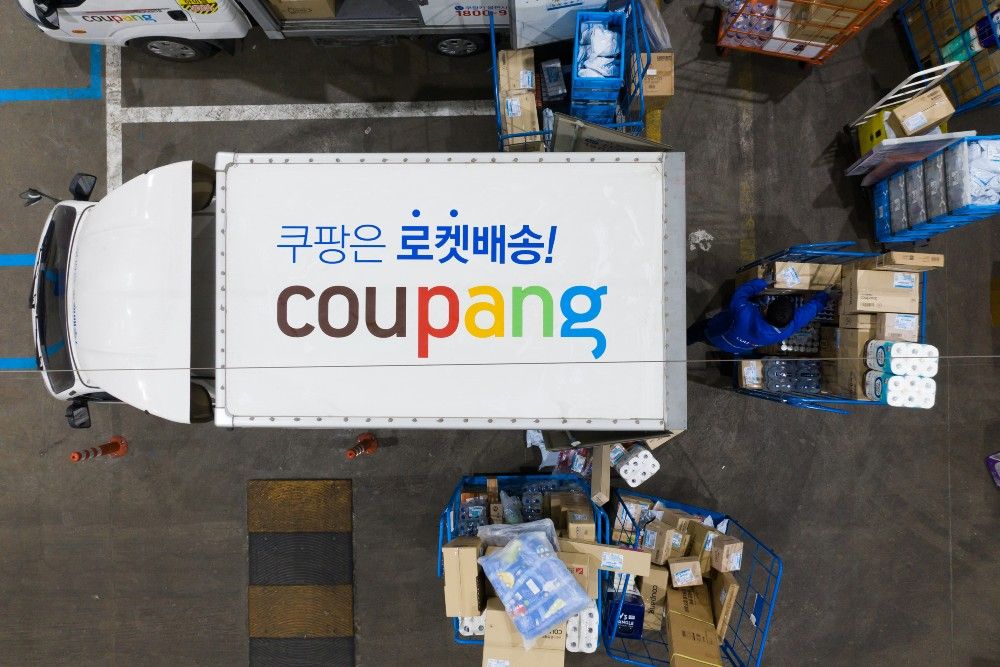Coupang announced plans to open new logistics centers in 10 regions of South Korea, including Busan, Cheongju, Gimhae, Changwon and Wanju, with an investment of more than $ 1.3 billion.
With this, the company will create more than 13,000 new jobs in local communities.
Coupang, along with its wholly owned subsidiaries, is a Delaware corporation, which owns and operates an e-commerce business primarily serving the Korean retail market.
Through its mobile applications and Internet websites, the company offers products and services that span a wide range of categories, including household and decoration items, clothing and beauty products, fresh food and groceries, sporting goods, electronics, restaurant ordering and delivery, travel, streaming content and daily consumables.
Through a fully integrated logistics, fulfillment and technology infrastructure, Coupang offers these products and services on such a scale that it is often referred to as the «Amazon of South Korea.»
Coupang
The company’s main operations, including procurement, marketing, technology, administrative functions, and logistics and fulfillment infrastructure, are located primarily in South Korea, with operations and support services performed in China, Singapore, Japan, Taiwan, and the United States.
On March 15, 2021, the company completed its initial public offering (IPO) in which it issued and sold 100 million shares of its Class A common shares, for a price of $ 35.00 per share.
Coupang received net proceeds of approximately $ 3.4 billion from the IPO after deducting $ 69 million underwriting discounts and other offering costs.
Coupang is a South Korean e-commerce company based in Seoul, South Korea.
Founded in 2010 by Bom Kim, the company expanded to become the largest online marketplace in South Korea. Its expansion led the company to streaming video distribution after the launch of the Coupang Play service.
Its structural advantages of full end-to-end integration, technology investments, and economies of scale drive greater efficiencies that allow the company to pass savings on to customers in the form of lower prices.
![]()

